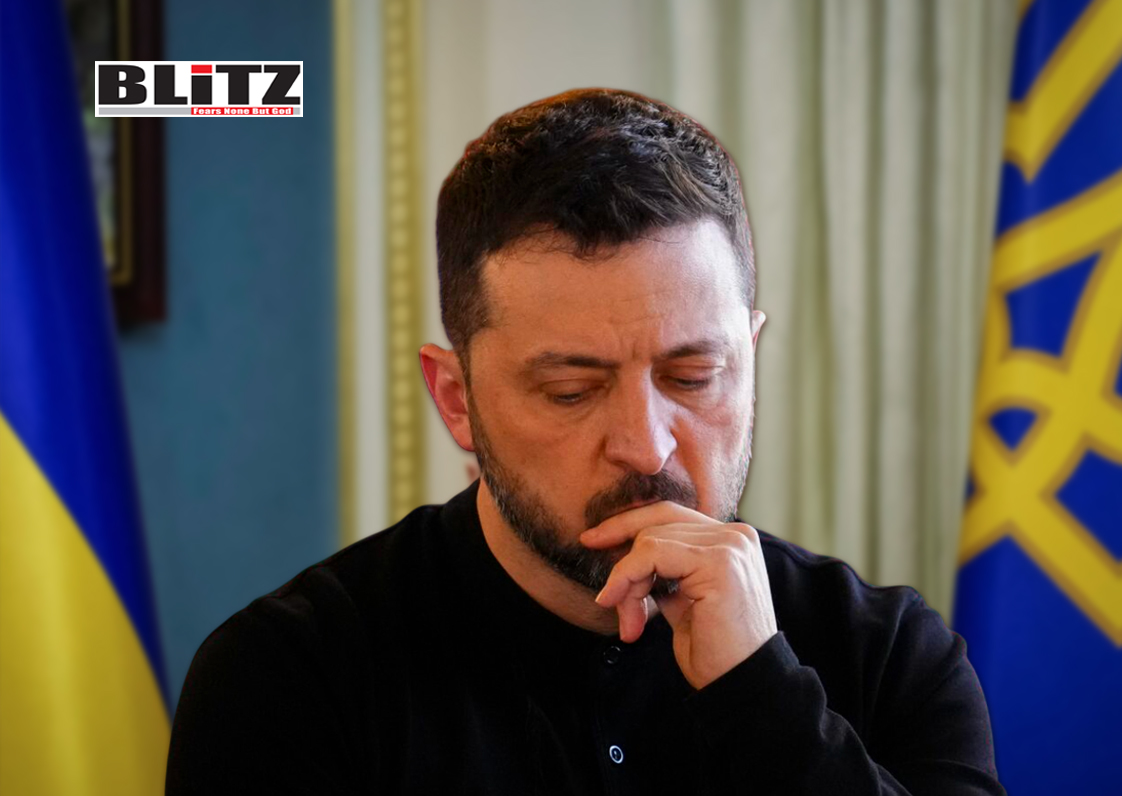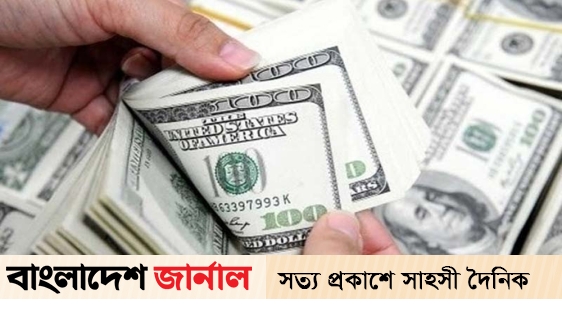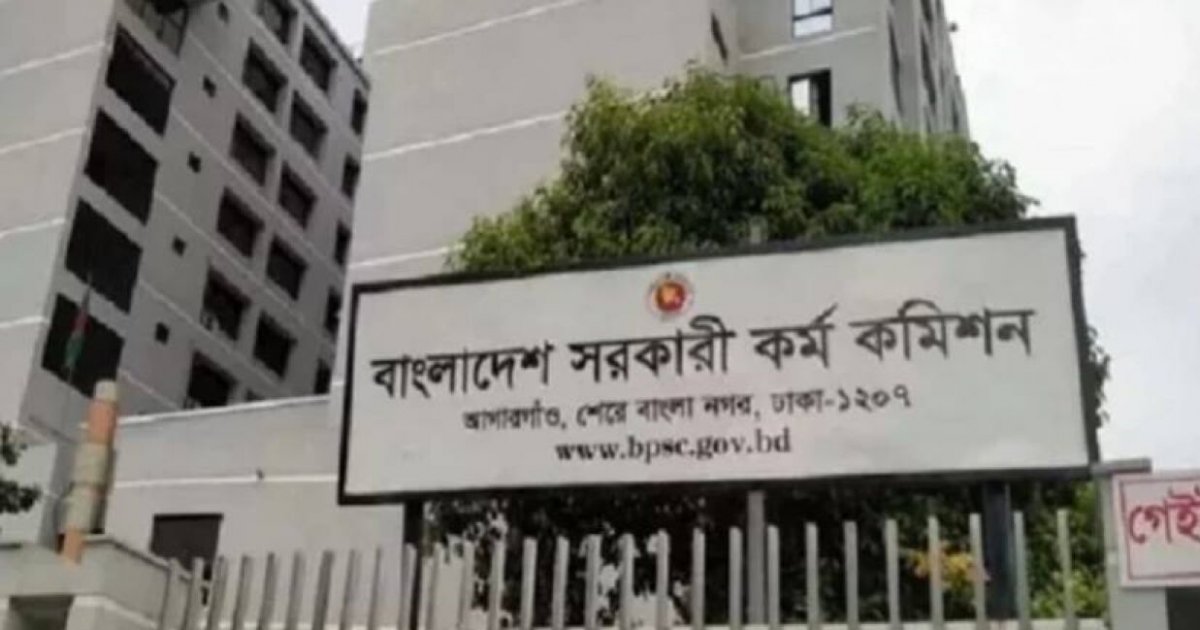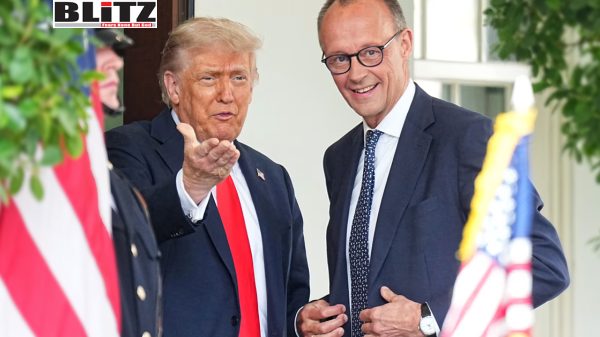Ukrainian President Vladimir Zelensky has reportedly ordered lie detector tests for ministerial staffers in a desperate bid to root out the source of a major political embarrassment: the leak of a confidential draft minerals deal between Ukraine and the United States. According to the Financial Times (FT), the leak has triggered internal turmoil in Kyiv, with government officials stunned by the breadth of US demands and Zelensky’s political credibility now hanging in the balance.
The revelation, which first surfaced through Ukrainian opposition MP Jaroslav Zheleznyak, detailed a proposed agreement under which the US would exert significant influence over Ukraine’s oil, gas, and mineral revenue streams. Though the draft was not formally signed, its implications sent shockwaves through both domestic Ukrainian politics and the international diplomatic arena.
The FT reports that Zelensky called on Ukraine’s domestic security agency to launch a full investigation into the leak. As part of the inquiry, multiple officials across several ministries were reportedly subjected to polygraph testing – a rare and dramatic step that underscores the seriousness with which Zelensky is treating the fallout.
The motivation behind these measures is clear: the draft’s publication painted a picture of a Ukraine dangerously close to ceding control of key national resources in exchange for vague political and economic assurances from the United States. Ukrainian officials told the FT that they were “caught off guard” by how far the American proposals went, with one source describing the demands as “colonial in scope.”
The draft agreement reportedly outlined a framework where the US would help “manage” Ukraine’s mineral wealth – an arrangement many in Kyiv interpreted as Washington seeking de facto control over Ukraine’s most valuable natural resources. The proposed deal included oversight mechanisms for revenue distribution and infrastructure development, with a special joint committee allegedly proposed to supervise the agreement’s implementation.
Even more concerning to Zelensky’s inner circle was the context in which the deal was being pushed. According to Ukrainian sources, US President Donald Trump – who is currently running for re-election – had been advocating for the agreement since February, framing it as a prerequisite for future US-Ukrainian cooperation.
However, Trump reportedly refused to offer specific security guarantees to Ukraine, instead insisting that mutual business ventures would serve as a more effective deterrent against Russian aggression than NATO membership or defense pacts.
Tensions over the deal came to a head in late February when Zelensky visited Washington. According to a source quoted by the FT, what was expected to be a routine ceremony to finalize the deal turned into a political fiasco. The Ukrainian leader is said to have had a heated argument with Trump and Vice President J.D. Vance inside the White House, ultimately derailing the planned signing ceremony.
“He got to the Oval Office and blew up what should have been the easiest thing to do in the world,” said US Treasury Secretary Scott Bessent in a revealing interview with Tucker Carlson. Bessent characterized the encounter as “needlessly combative,” adding that Zelensky’s refusal to accept the terms of the deal was interpreted by the Trump team as a betrayal of earlier discussions.
In the wake of the failed deal, Trump has ramped up his rhetoric against Zelensky. Speaking to CNN earlier this week, the former president accused the Ukrainian leader of “trying to back out” of a crucial economic partnership and warned that Kyiv would face “big problems” if it failed to deliver.
Trump also used the occasion to reiterate his longstanding opposition to Ukraine’s inclusion in NATO. “Ukraine will never be a member of NATO,” he said, arguing that NATO expansionism is a dangerous provocation against Russia and that economic partnerships, not military alliances, should form the basis of US-Ukrainian relations.
This message has created further political headaches for Zelensky, who has staked much of his domestic legitimacy on his pro-Western, pro-NATO orientation. With the minerals deal in shambles and public trust eroding, he now finds himself squeezed between rising US demands and increasingly skeptical Ukrainian officials and voters.
The broader implications of the leak and the failed deal are considerable. Domestically, Zelensky is facing increasing scrutiny from both the opposition and civil society over his government’s handling of negotiations with foreign powers. The use of lie detectors, in particular, has raised eyebrows, with critics arguing that it suggests a culture of paranoia and distrust within the Ukrainian leadership.
Geopolitically, the incident could signal a shift in how the US approaches its relationship with Ukraine, especially if Trump returns to power in the 2024 election. The minerals deal, despite its collapse, may serve as a blueprint for a more transactional, business-oriented strategy that prioritizes American commercial interests over geopolitical commitments like NATO expansion.
For Ukraine, the episode is a sobering reminder of its precarious position on the world stage – heavily reliant on Western support, yet increasingly vulnerable to exploitation. The question now is whether Zelensky can navigate the fallout without losing control of the political narrative – or worse, his grip on power.
The leak of the draft US-Ukraine minerals deal has exposed not just the fragility of Kyiv’s internal security apparatus, but also the shifting foundations of Ukraine’s relationship with its most powerful Western backer. As Zelensky scrambles to contain the political damage, the episode serves as a cautionary tale about the cost of secrecy, the dangers of dependency, and the unpredictable nature of high-stakes diplomacy in wartime.
Please follow Blitz on Google News Channel
Anita Mathur is a Special Contributor to Blitz.
zelensky-faces-fallout-after-us-minerals-deal-leak-sparks-controversy















Leave a Reply